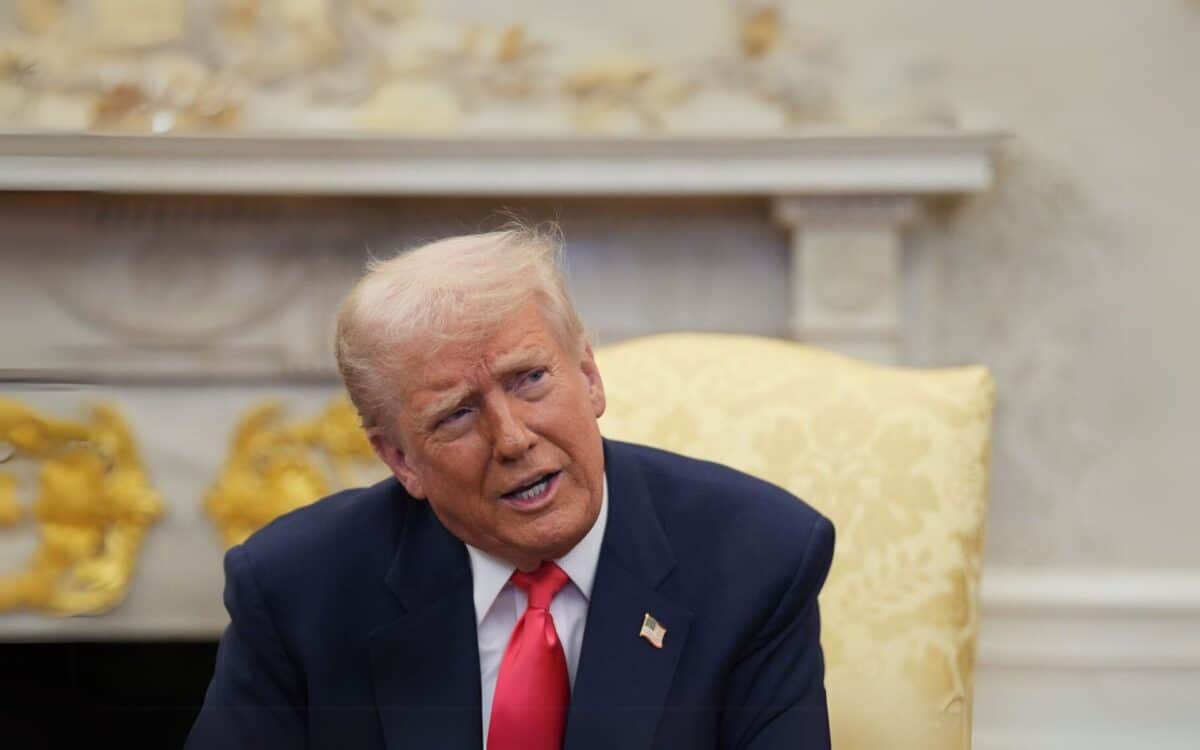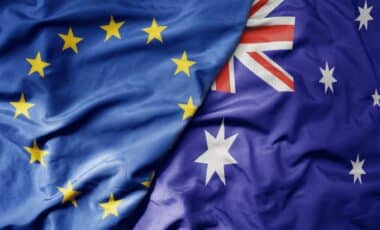Amid growing global trade tensions, the Australian government is grappling with the economic effects of US President Donald Trump’s 25 percent tariffs on steel and aluminium.
According to Australian Treasurer Dr. Jim Chalmers, while the direct impact is manageable, the broader consequences of escalating trade disputes remain a major concern.
As reported by 7News, Australia’s approach to these challenges focuses on resilience rather than retaliation, as the country navigates uncertain economic times.
Economic Impact and Australia’s Response
Dr. Chalmers that the immediate financial hit from the US tariffs would be manageable, but the broader, indirect impacts of escalating global trade tensions are much more concerning.
He described the impact as “concerning but manageable,” acknowledging that while the tariffs may hurt, they are not catastrophic. However, Chalmers noted,
It’s the broader, indirect impacts that come from this serious escalation of trade tensions around the world, which is much more concerning to us.
The Treasurer further stressed the uncertainty in global trade, pointing out that the
Pace of change in the world when it comes to rewriting the rules of global economic engagement has quickened since the new administration took office in the US.
For Australia, a country deeply involved in international trade, the rapid changes in global economic policies are particularly worrisome.
Retaliation Off the Table for Australia
Despite other nations imposing retaliatory tariffs on US goods, the Australian government has ruled out such measures. Instead, Australia’s economic strategy focuses on resilience amidst the ongoing global uncertainty. Dr. Chalmers remarked,
Our strategy in the budget and in our economic plan is not to go for retaliation, but to go for resilience … at a time of very serious global economic uncertainty.
The Australian government believes that focusing on resilience, rather than retaliation, is key to navigating this turbulent period.
Tensions Over Trade with the US
Prime Minister Anthony Albanese has voiced his dissatisfaction with the imposition of these tariffs, especially given the longstanding alliance between the US and Australia. In response, Trump has hinted at further tariff impositions on April 2, including reciprocal tariffs on US trading partners, as well as additional duties on steel and aluminium, among other sectors. Trump’s approach would impose tariffs on countries that charge the US, effectively turning the global trade relationships into a more reciprocal and competitive landscape:
They charge us, and we charge them. Then, in addition to that, on autos, on steel, on aluminium, we’re going to have some additional – Trump stated.
Although the Australian government has not been singled out for additional tariffs, reports suggest that more Australian products could face tariffs ranging from two to eight percent in future rounds of tariff changes. The specifics of these potential impacts remain uncertain, and discussions are ongoing with US officials.
As part of ongoing trade negotiations, Australia’s Trade Minister Don Farrell is set to meet with US Trade Representative Jamieson Greer to address these issues. Additionally, Australia has proposed granting the US greater access to critical minerals in exchange for more favorable trading conditions, a move that reflects broader geopolitical considerations, including the Trump administration’s stance on Ukraine.
Chalmers also criticized the broader effects of the tariffs, describing them as “self-defeating” and “self-sabotaging.” He argued that such measures would lead to “less growth and higher inflation,” not just in the US but around the world. His comments reflect his view that these tariffs, rather than benefiting domestic industries, are counterproductive and could ultimately harm global economic stability.









